The Smart Materials kit includes 100g smart putty, 500g polymorph and 500g bag of hydrogel.
Polymorph is one of a new generation of commercial polymers set to have a major impact on model making and prototyping. This polymer has all the characteristics of a tough 'engineering' material yet it softens and becomes easily mould-able at just 62°C. It can be heated with just hot water or a hairdryer and can then be moulded by hand to create prototypes and solve manufacturing problems currently outside the capacity of other materials. Polymorph can be reused simply by reheating, the material can also be coloured when soft by adding a small amount of food dye.
Smart putty has been available for a long time as an amusement, but this viscoelastic polymer has serious engineering applications. Soft, stretchy and bendy when moved slowly, solid when trying to move quickly or impacted. It has the remarkable property that it usually behaves as a soft mould-able plastic (like chewing gum), but instantly becomes a rubber if impacted and bounces like a ball. It can also float in a liquid and will form a puddle given enough time. It is a great demonstration of an unusual polymer, a useful adhesive and can used in many creative and fun activities.
Hydrogel: This completely non-toxic powder absorbs up to 500 times its own weight in water and is the 'secret' ingredient used in applications ranging from babies nappies to perpetual growing plants. When exposed to water, the powder transforms into a gel which holds the water for an extended period. Place a small pile of Hydrogel in the centre of a Petri-dish and add drops of water from a syringe or pipette. The Hydrogel will swell until it can absorb no more water. This can be a simple quantitative experiment by weighing before and after water absorption. This grade of Hydrogel can also be used in the lab or prep-room to assist the growth of small plants, especially over weekends. The amount added to the soil or growing medium needs to be determined by trial and error.
Reasons to Love
- A mixed pack of examples of Smart Materials
- Cross applications in Science and Design Technology classes
Learning Outcomes
- Key Stage 3 Chemistry – Materials: Properties of ceramics, polymers and composites (qualitative)
- Key Stage 4 Chemistry – Structure, Bonding and the Properties of Matter: Smart Materials and Their Properties. Bulk properties of materials related to bonding and intermolecular forces
Top Tips
- Can be used to introduce the concept of smart metals and alloys.

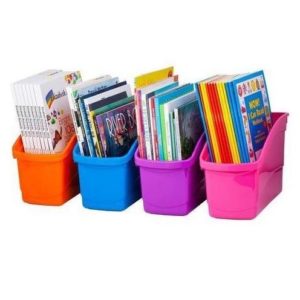
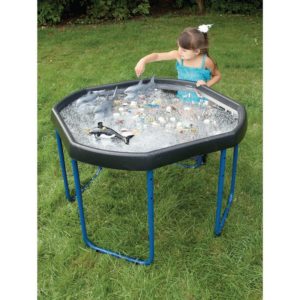
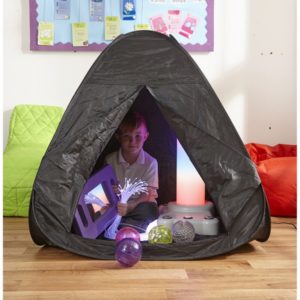
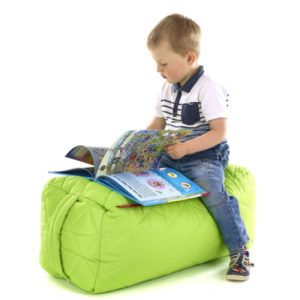
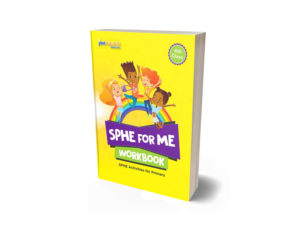
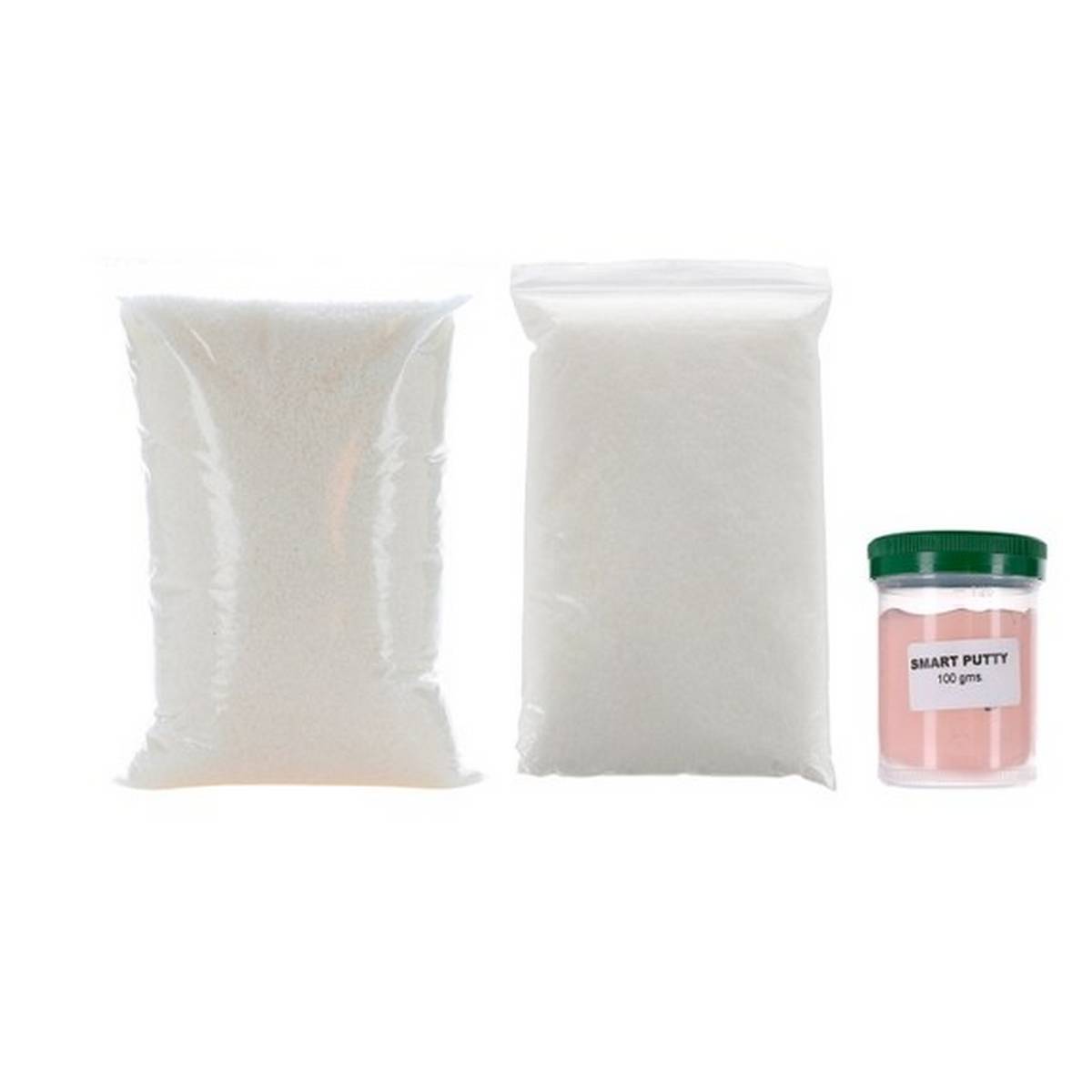
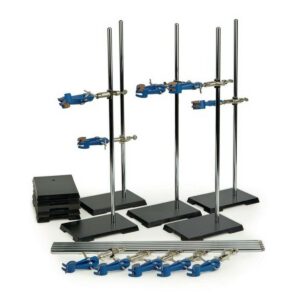
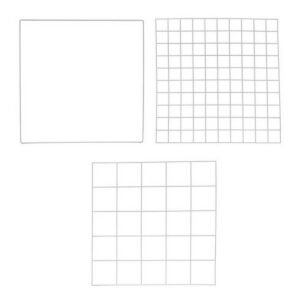
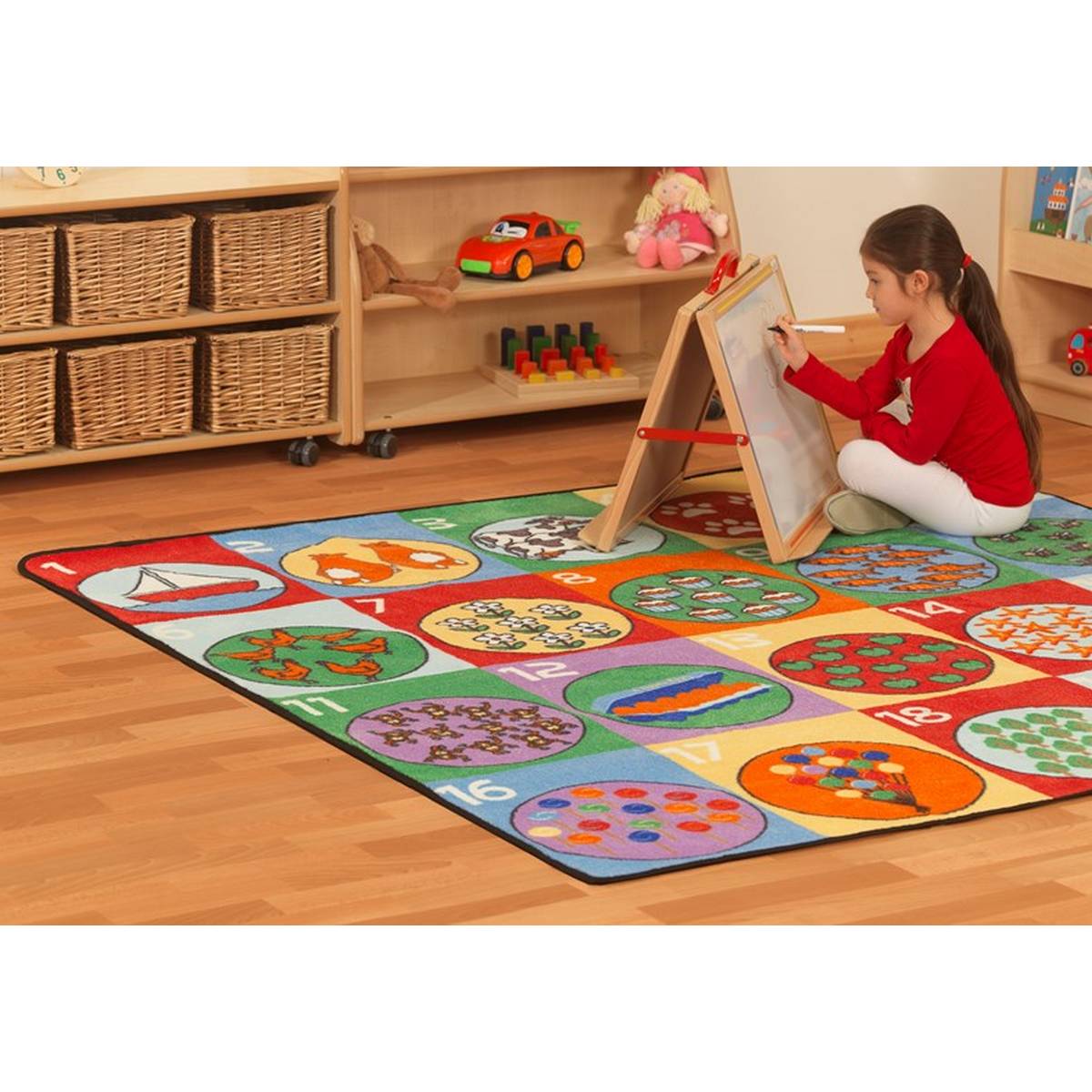 Carpets & Mats
Carpets & Mats